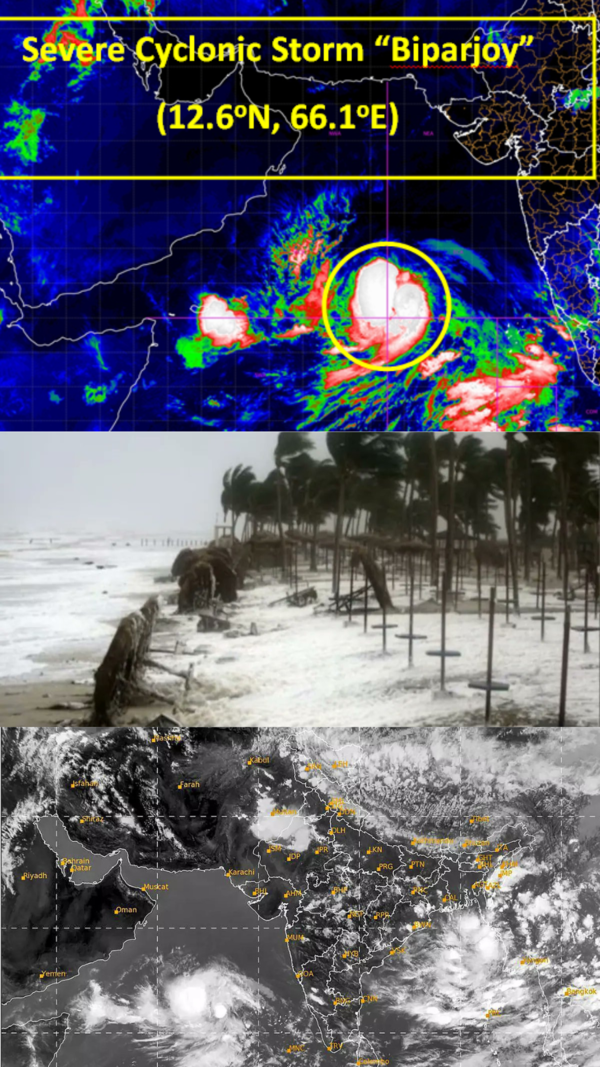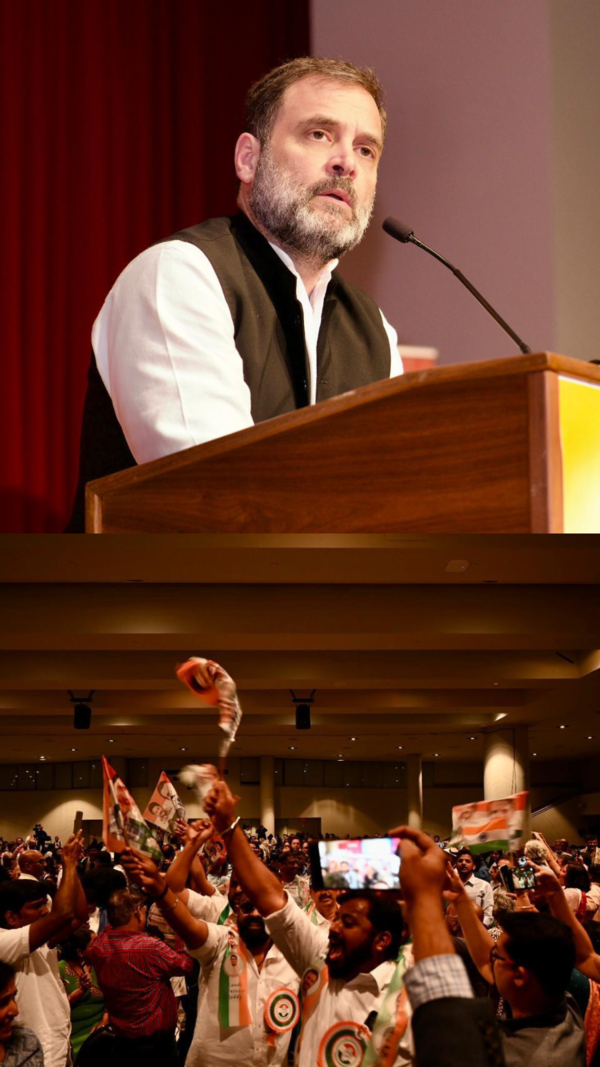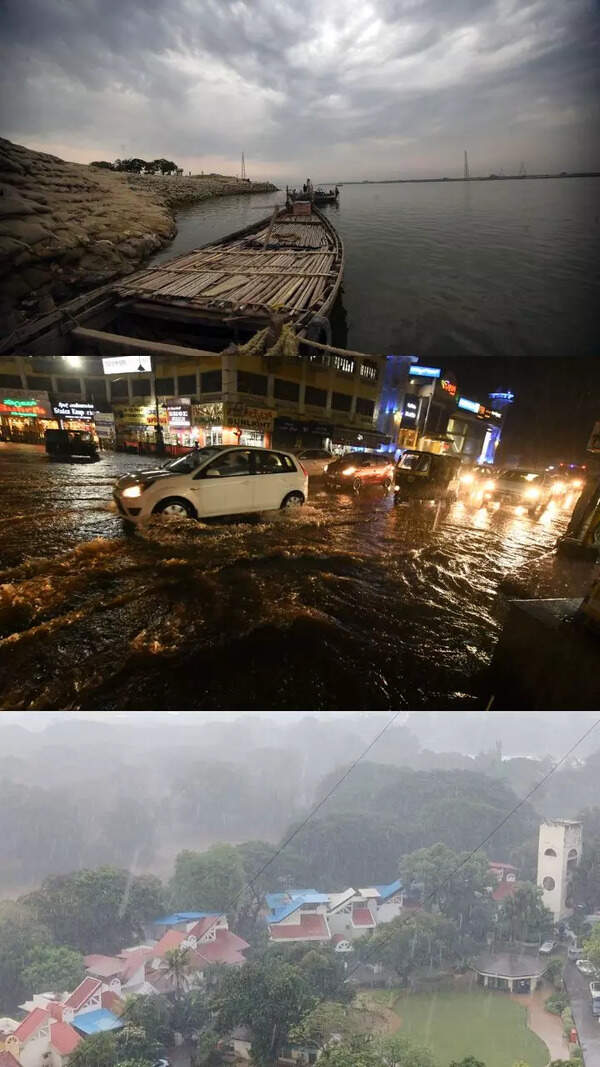Trending
Land surface temperature in Marathwada soared by 12°C in 3 weeks: Study

PUNE: The land surface temperature in parts of the state soared from 38°C in the first week of May to above 50°C by the third week of the month, leading to a loss of microbes and moisture in the soil, a study by the Watershed Organization Trust's Centre for Resilience Studies has shown.
Experts said this drastic rise in land surface temperature could affect crop yield.
Soil microorganisms are responsible for most of the nutrient release from organic matter. "When microorganisms decompose organic matter, they use the carbon and nutrients in the organic matter for their own growth, releasing excess nutrients into the soil to be absorbed by the plants. If the organic matter has a low nutrient content, microorganisms take the nutrients to meet their requirements, affecting crop productivity," an expert said.
The study found that several regions, such as Vidarbha, Marathwada, Konkan and parts of western Maharashtra, have been significantly impacted by soaring land surface temperatures. As the earth's surface temperature rises, the surrounding air absorbs the heat, leading to a subsequent rise in atmospheric temperatures. This creates favourable conditions for heatwaves, the study said.
Dr Marcella D'Souza, director at the Watershed Organization Trust's Centre for Resilience Studies, said, "The temperature for any week and year depends on the rainfall preceding that period. The study showed that the low temperatures in the first week of May were due to the rainfall in April."
DB Phonde, former soil scientist and a senior scientist at Vasantdada Sugar Institute, said, "Unless the physical, chemical and biological properties of the soil are maintained, the crop production will not be optimum."
Due to the loss in soil moisture, farmers are forced to delay the sowing. "Maintaining the physical and chemical properties without soil moisture and microbes impacts crop yield as farmers are forced to add fertilizer to the soil for a good produce."
Experts said this drastic rise in land surface temperature could affect crop yield.
Soil microorganisms are responsible for most of the nutrient release from organic matter. "When microorganisms decompose organic matter, they use the carbon and nutrients in the organic matter for their own growth, releasing excess nutrients into the soil to be absorbed by the plants. If the organic matter has a low nutrient content, microorganisms take the nutrients to meet their requirements, affecting crop productivity," an expert said.
The study found that several regions, such as Vidarbha, Marathwada, Konkan and parts of western Maharashtra, have been significantly impacted by soaring land surface temperatures. As the earth's surface temperature rises, the surrounding air absorbs the heat, leading to a subsequent rise in atmospheric temperatures. This creates favourable conditions for heatwaves, the study said.
Dr Marcella D'Souza, director at the Watershed Organization Trust's Centre for Resilience Studies, said, "The temperature for any week and year depends on the rainfall preceding that period. The study showed that the low temperatures in the first week of May were due to the rainfall in April."
DB Phonde, former soil scientist and a senior scientist at Vasantdada Sugar Institute, said, "Unless the physical, chemical and biological properties of the soil are maintained, the crop production will not be optimum."
Due to the loss in soil moisture, farmers are forced to delay the sowing. "Maintaining the physical and chemical properties without soil moisture and microbes impacts crop yield as farmers are forced to add fertilizer to the soil for a good produce."

About the Author
Steffy ThevarSteffy Thevar is a Pune-based senior correspondent working for the Times of India. She writes on health, urban infrastructure and gender parity issues. She has worked in Mumbai for three years and shifted to Pune and covered the Covid19 pandemic. She had completed her masters in Journalism and Mass Communication from Savitribai Phule Pune University's department of Mass Communication and Journalism. She also writes on a range of issues including housing, human rights and environment.
Start a Conversation
FOLLOW US ON SOCIAL MEDIA
FacebookTwitterInstagramKOO APPYOUTUBE










